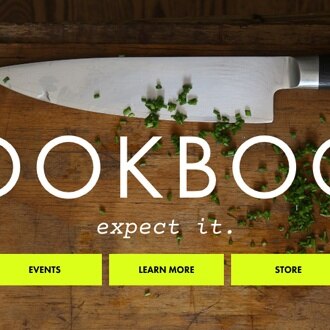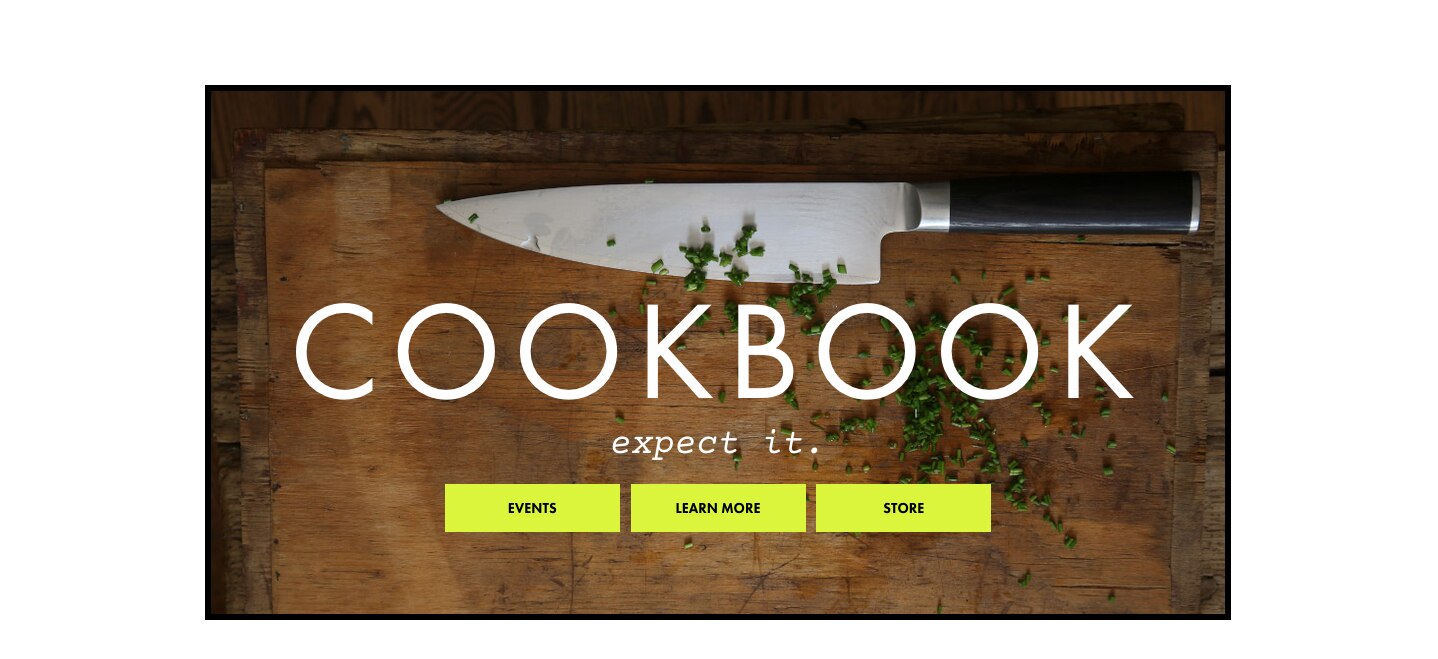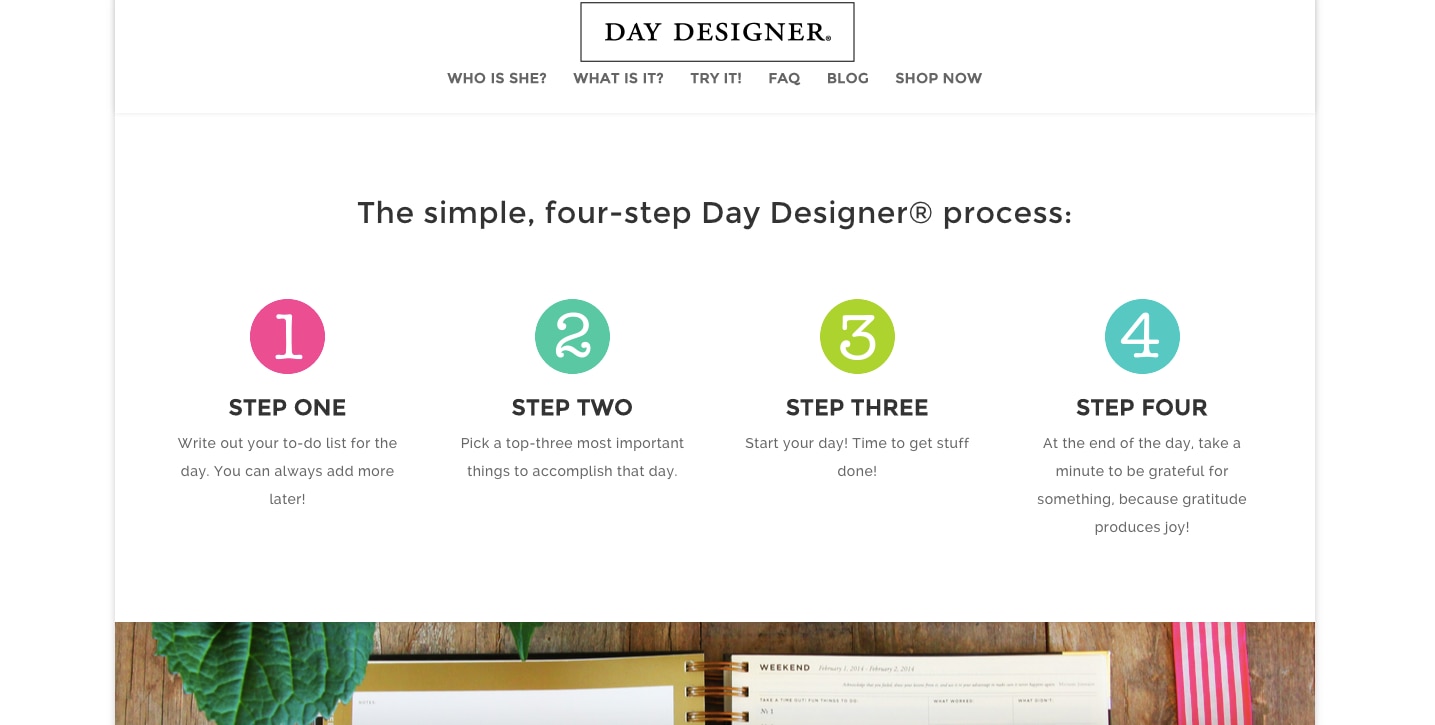Niche marketing, niche products - you’ve heard all the business talk about finding your niche in retail...in the market...in life! But what does “finding your niche” actually mean and how do you go about doing it?
First, what does the term niche market actually mean? It’s a specialized, specific spot within the larger market. You could sell men’s work shirts, or you could sell organic, sustainably sourced men’s work shirts for vegan lumberjacks, the latter of which would be your niche. It’s about finding a space within the market for a very specialized product or service, or finding what unique value your company adds to a more generic product.













